July 30, 2021
EmPATH Unit – A Model for the Future
Nationally, 1 in 8 patients who present in an Emergency Room are there for mental health or substance abuse reasons. As the demand for these services increase, so does the need for resources and facilities that deliver care during crisis.

CentraCare has always pushed to be innovative when it comes to providing behavioral health services. Years ago when the ER was remodeled, it included behavioral health suites, which is a mental health-specific space right in the emergency room. That approach to care was trendsetting at the time. Fast forward to today, and the team is excited about a wholly new approach to care that will be even better.
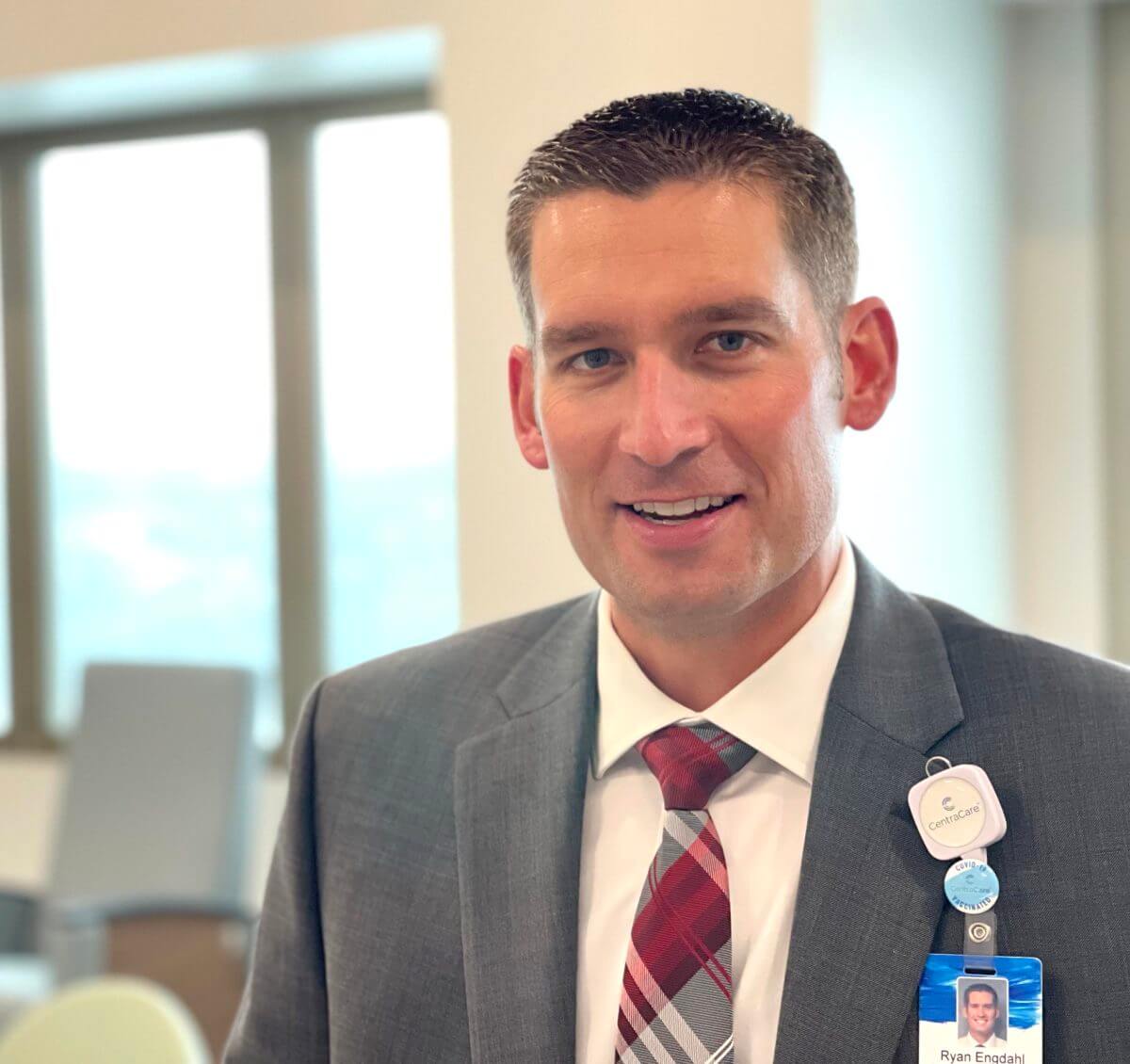
On Monday, August 2, the new EmPATH Unit opens on the 6th floor at St. Cloud Hospital. EmPATH is an acronym for Emergency Psychiatric Assessment, Treatment, and Healing. The unit is an expansive setting that Dr. Ryan Engdahl, Senior Director of Behavioral Health, describes as living room-esque. “The concept of an EmPATH Unit is that it’s an open space,” he said. “It’s quiet and it doesn’t have locked doors and seclusion, and it’s not crowded or filled with loud noises, which can be chaotic for patients already in crisis. Ultimately, we’ve created a space that in and of itself is also part of the intervention.”
The concept of an EmPATH Unit is that it’s an open space. It’s quiet and it doesn’t have locked doors and seclusion…Ultimately, we’ve created a space that in and of itself is also part of the intervention.
Dr. Ryan Engdahl
A unique approach
The EmPATH Unit is an observation unit, so the pace and demand are very different than what exists today in the ER. Patients can stay up to 47 hours if needed and a benefit of this setting is there’s a more robust treatment team that can provide assessment, recommendations, and interventions right from the start – whether it be medication or psychotherapy. So it’s not about assessing and triaging and then getting to treatment.
“We’re able to start the treatment right away and create discharge plans that include our partners in the community and other health care providers,” said Engdahl. “Our team of nurses, psychiatry providers, psychotherapists, and behavioral health technicians will help formulate a patient’s plan in a way that’s not rushed. It’s calming, we have food and nutrition available, and there are beautiful views of the river as well.”
Making it happen
This concept was first introduced by Dr. Scott Zeller, former Chief of Psychiatric Emergency Services at Alameda Health System in California, who developed the approach because their emergency rooms were overwhelmed with psychiatric emergencies. He found their existing spaces and processes weren’t quite right and he sought to do something better. The CentraCare team, including Engdahl, Travis Hodgins, Director of Behavioral Access, and others met with Dr. Zeller to explore the possibilities for St. Cloud Hospital.
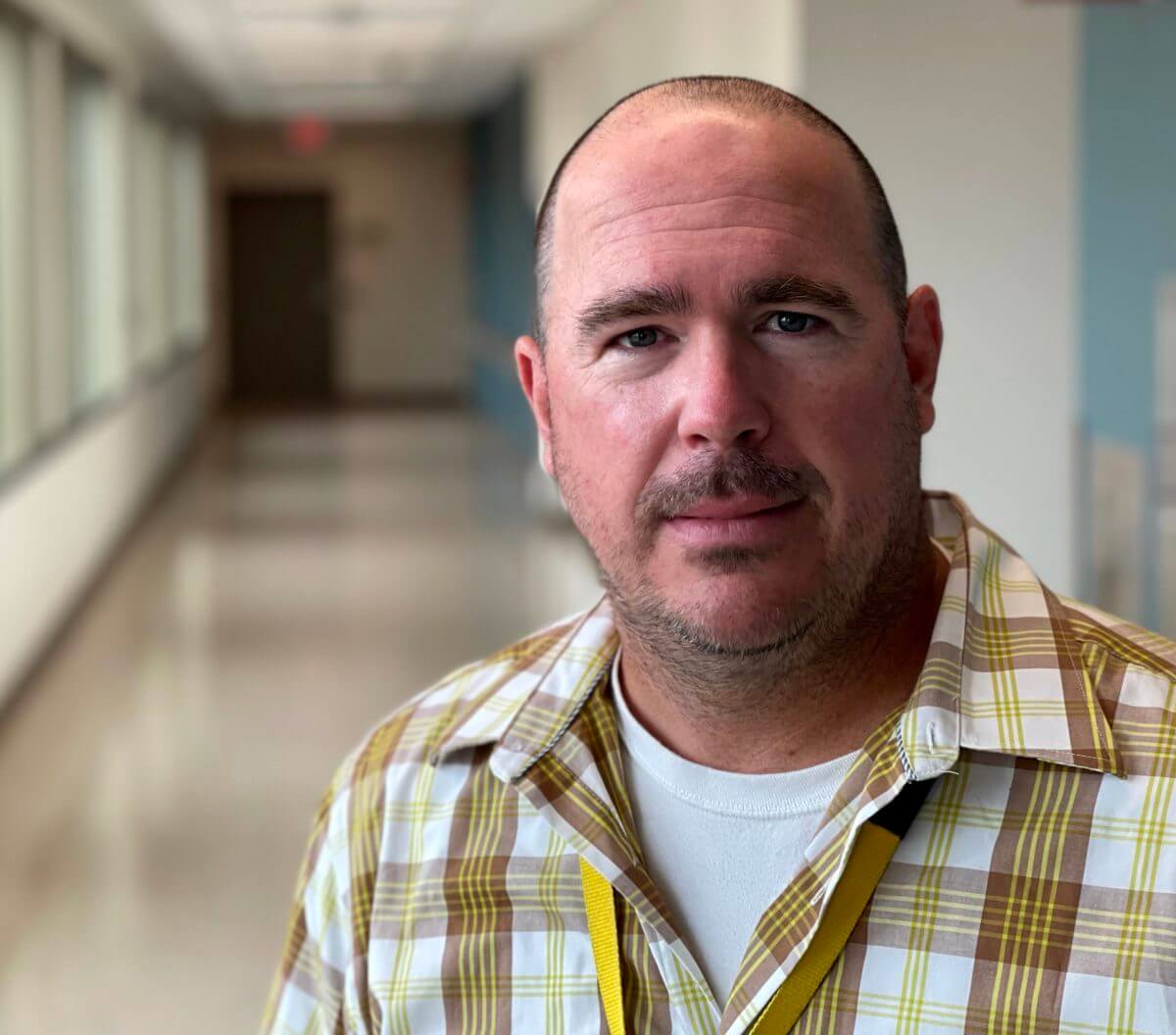
“We were lucky to have access to the space to be able to create this unit and the support of grants that provided the resources to fund the effort,” said Hodgins. The Helmsley Charitable Trust provided a $1.2 million grant that funded the construction of the unit, and the CentraCare Foundation provided a $200,000 grant that paid for construction of the offices connected to the unit. “We are very fortunate to have received so much support to make this happen.” Engdahl added that it was a complete team effort to bring this to life – one that included the mental health services team, Dr. Larry Hook, Dr. John Schmitz, the Foundation representatives, and the grants administration team to name a few.
The Helmsley Charitable Trust provided a $1.2 million grant that funded the construction of the unit, and the CentraCare Foundation provided a $200,000 grant that paid for construction of the offices connected to the unit.
Win-win-win
The team views the EmPATH unit as a win-win-win scenario – a way to improve care for behavioral health patients, reduce wait times in the Emergency Department and have a positive impact on the bottom line.
Data from institutions that have implemented an EmPATH model for psychiatric emergency care have reported remarkable results, including:
- 70-80% reduction in hospitalizations for patients with acute psychiatric needs.
- Average lengths of stay in EmPATH for patients with acute psychiatric needs is 16 hours, compared to longer stays in ERs.
- Improved throughput in the ER—the result of more available beds due to EmPATH—optimizes care and produces financial benefits.
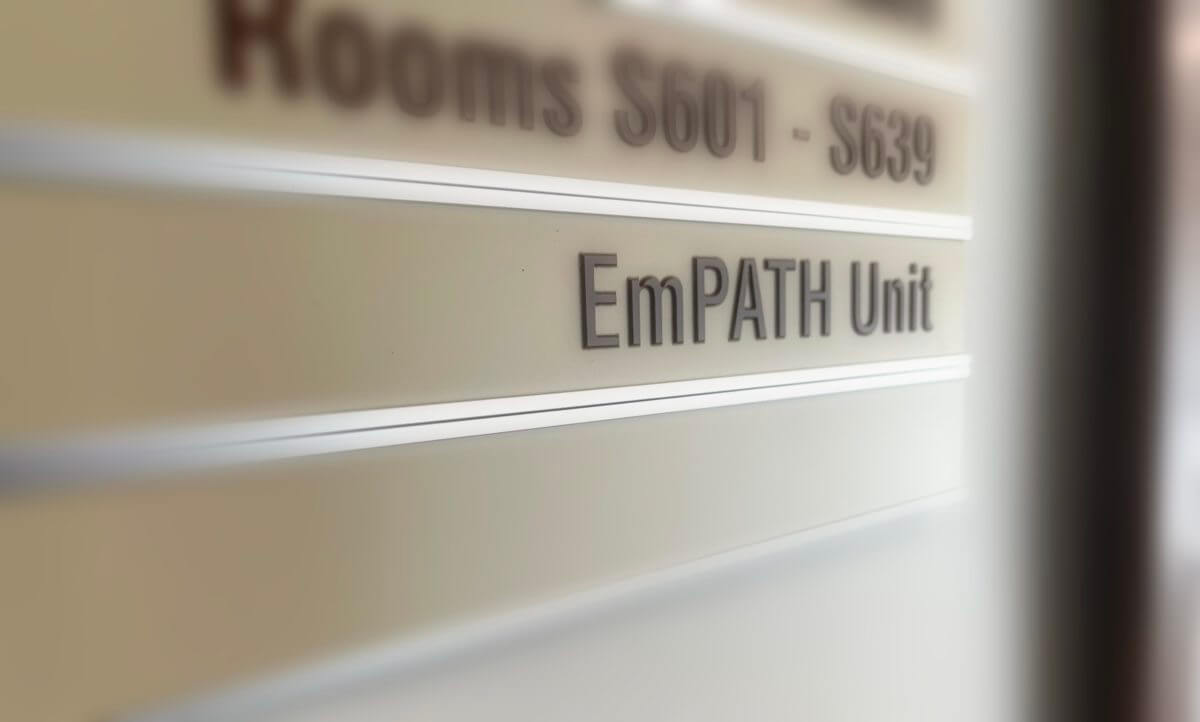
For CentraCare, the addition of this unit means there are 12 more “chairs” added to the system that didn’t exist before. Cases that would frequently have been treated in the ER will now be treated in this new setting, freeing up much-needed ER beds in the system. The EmPATH unit expects to provide a positive contribution to CentraCare’s mission and margin.
Accountable to the community
Engdahl, Hodgins and the larger team are excited about this opportunity because they feel a responsibility and an accountability to the community. “We have an interesting position in the community in that we are it, in the region,” explained Engdahl. “We have an obligation to do this really well and fit into the continuum of crisis care that exists in our area.”
“When people in our community are experiencing what is likely one of the worst days of their lives, they can come to us and we can support them in a way that maintains their dignity,” Engdahl stated. “We’re not isolating them, but instead we’re facilitating care in a way that gives them a plan and helps them heal.”


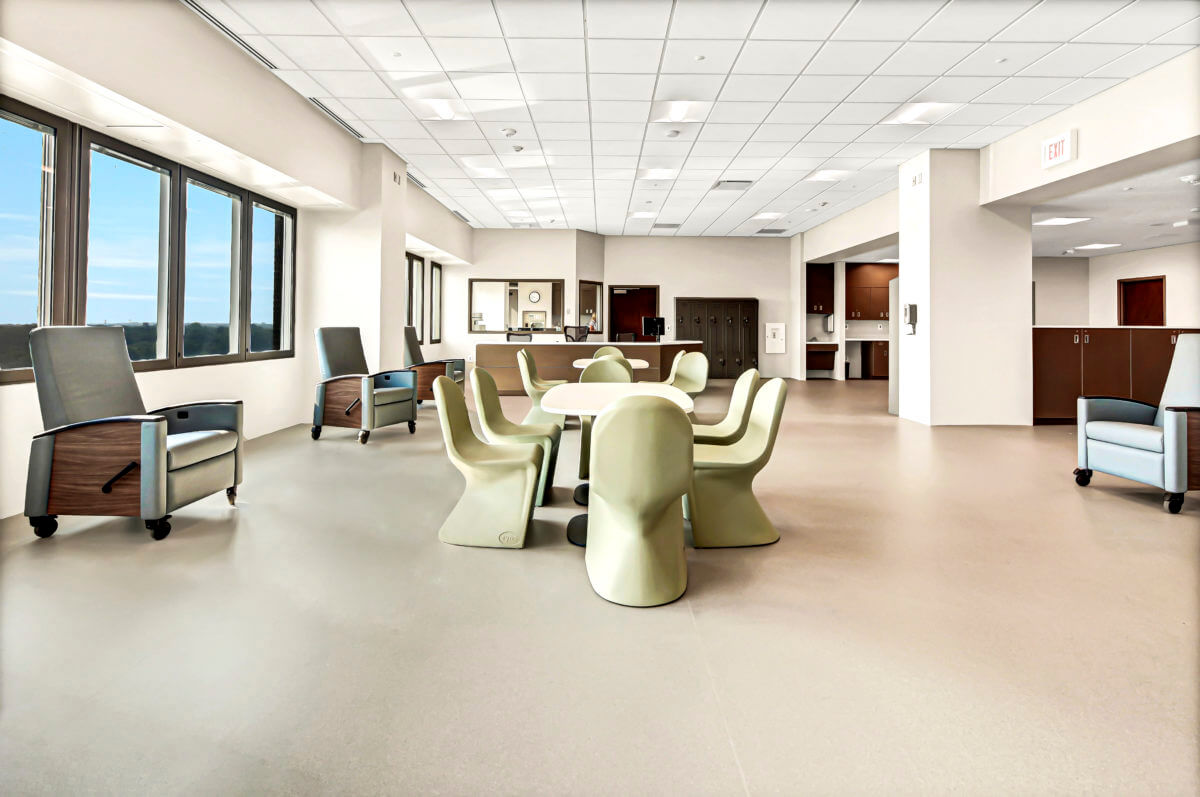
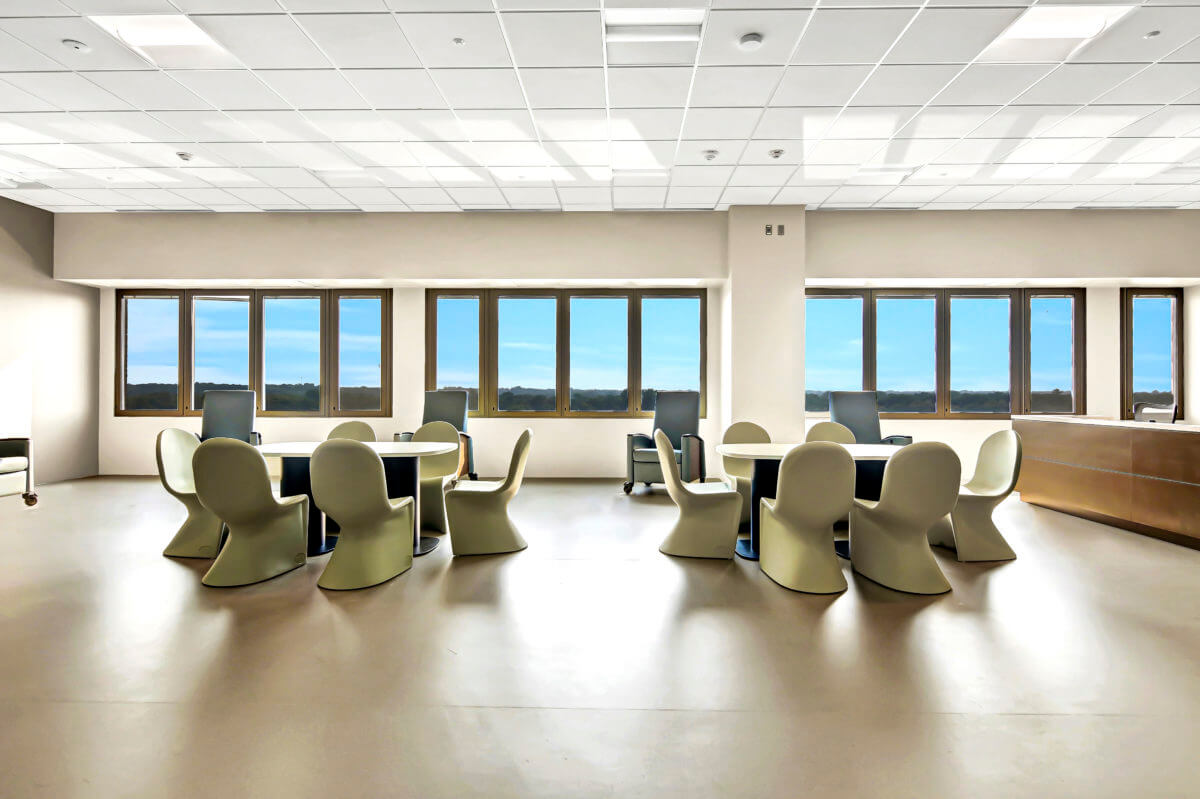
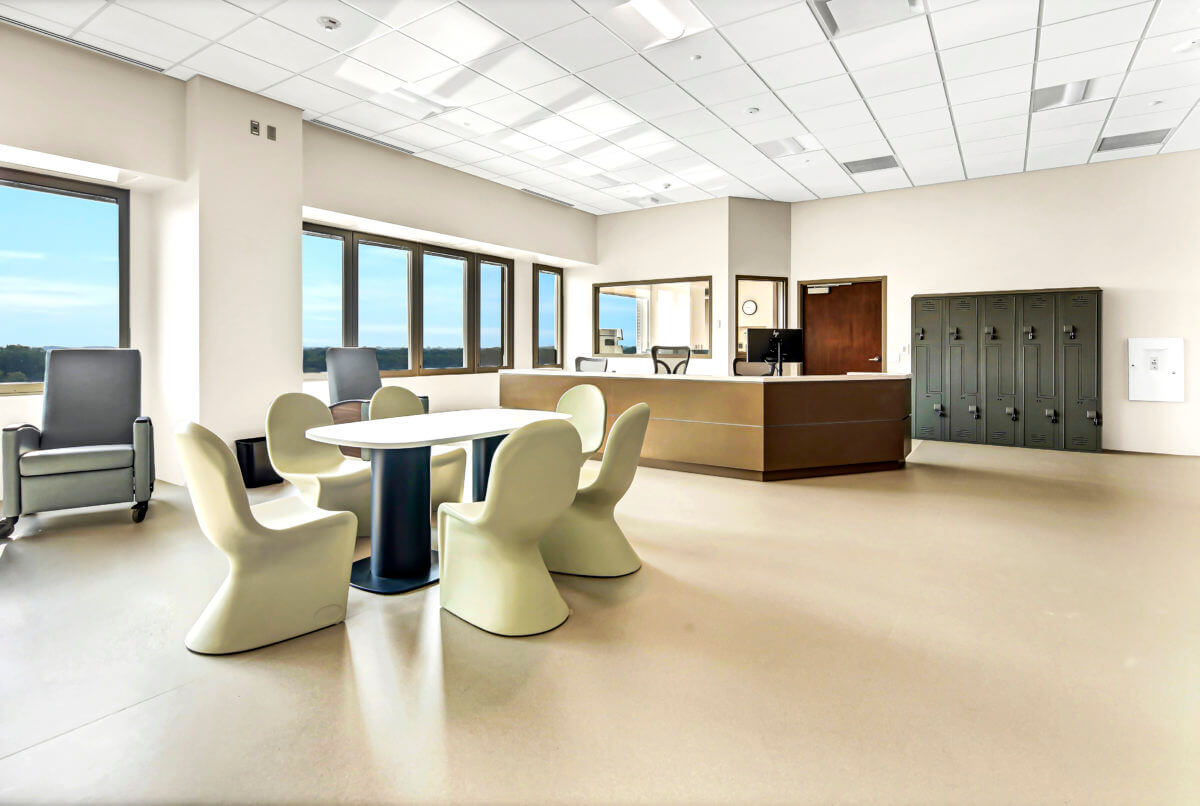
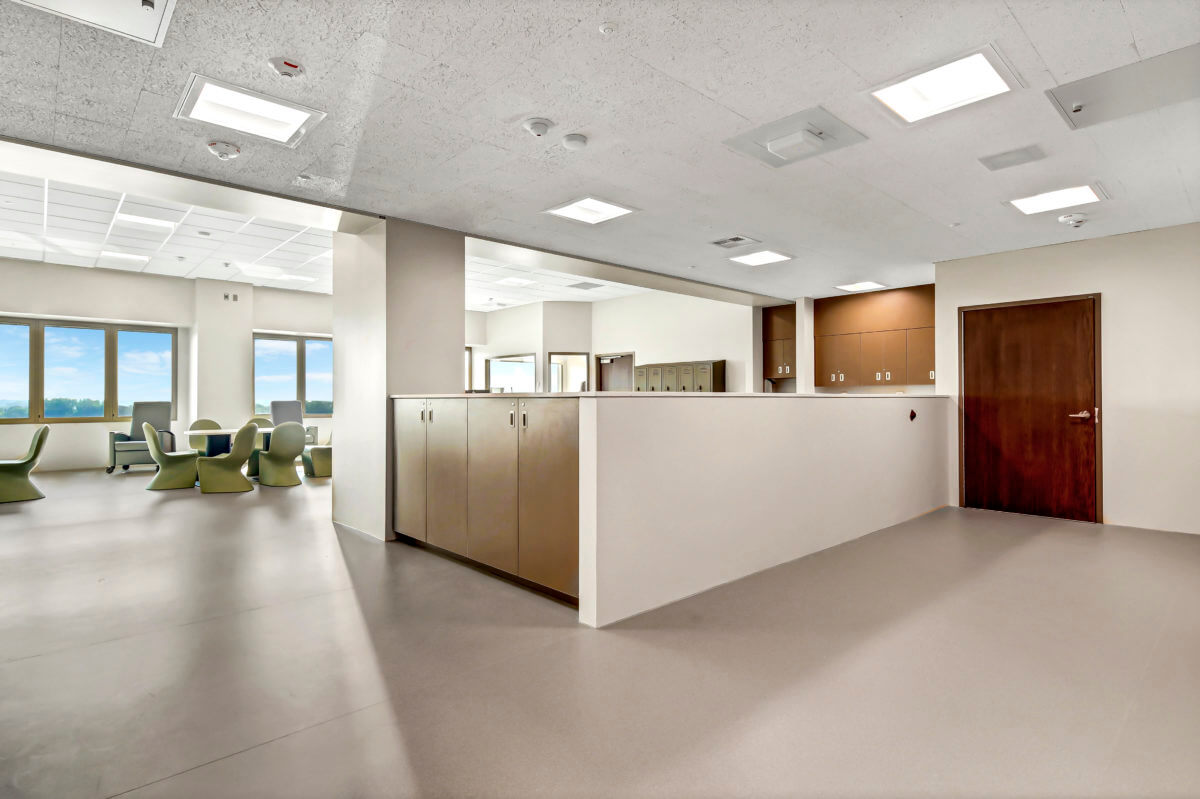
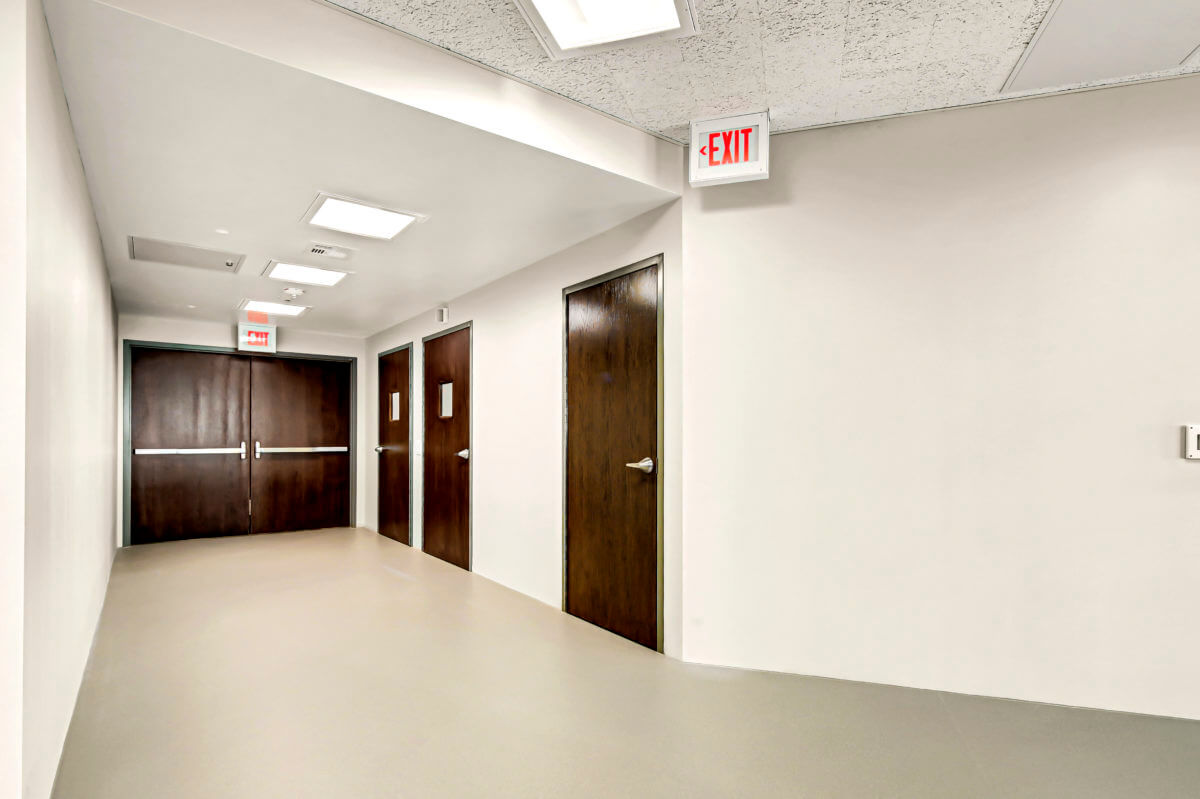
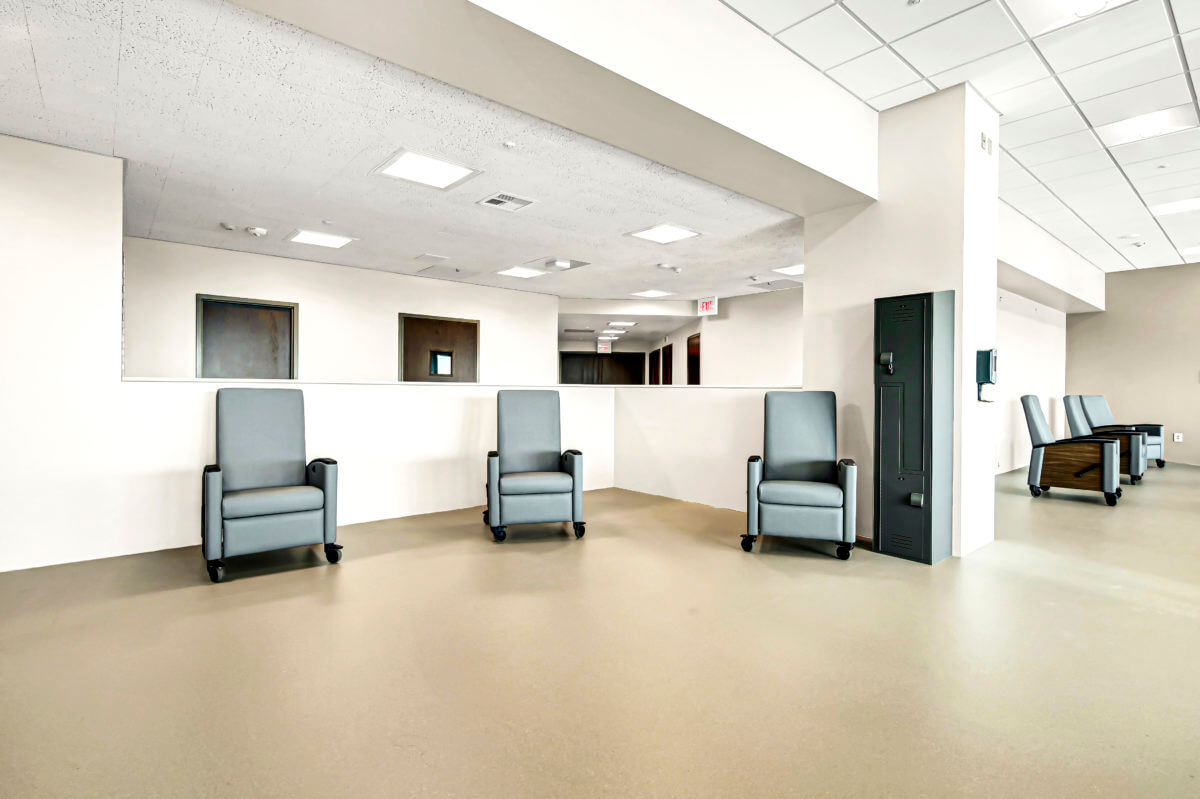
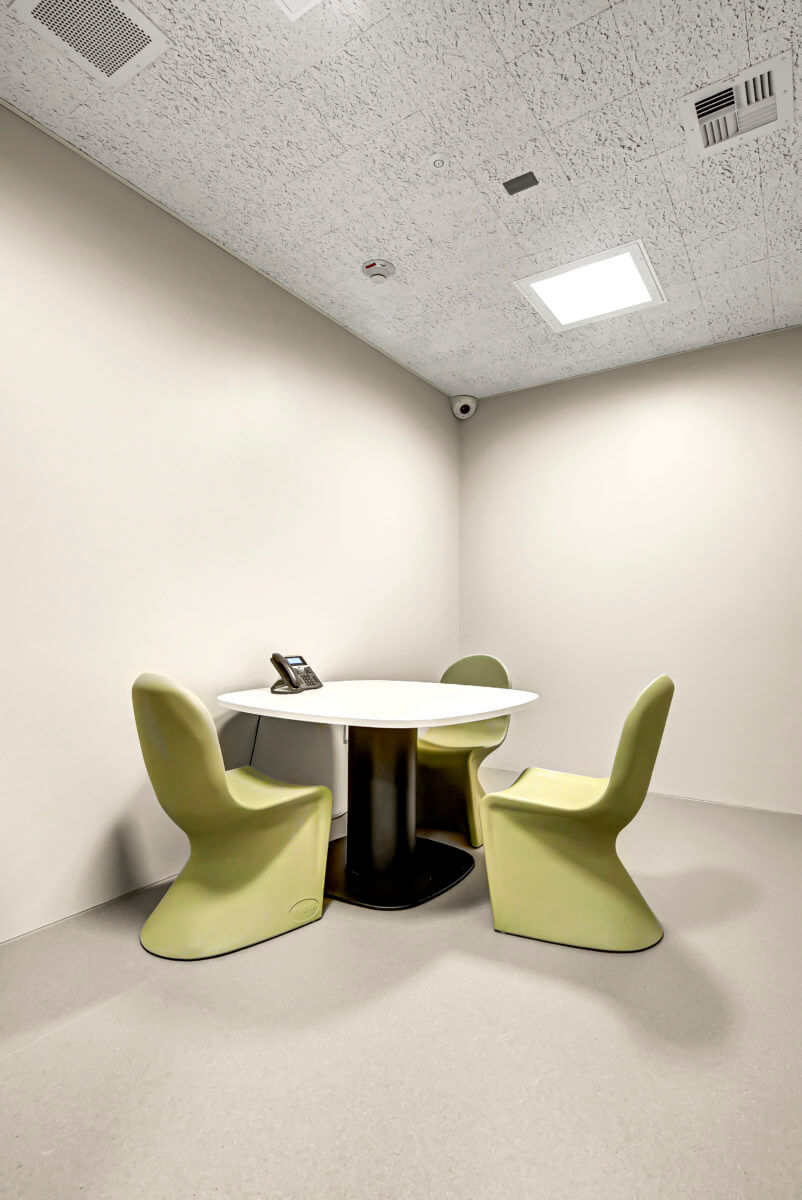
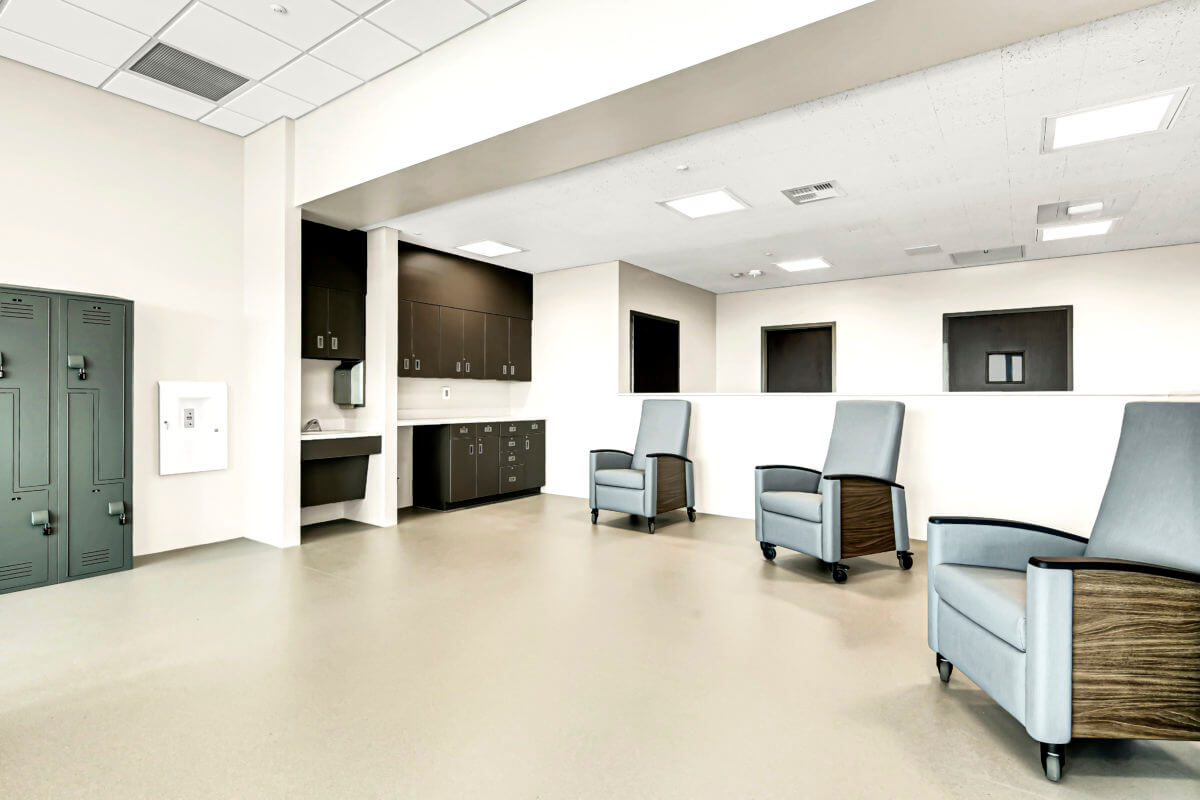
Wow, this is so amazing!!! I am so happy CentraCare is making a difference when it come to mental health needs. Kudos and thank you!
as an rural MD – CCH Melrose, How can my patients use this? ow can my patients have access to this? BAN?
thx
KES
What an absolutely wonderful addition to St. Cloud and its surrounding communities! I can only imagine how helpful this will be for those in need
This is amazing. I have a daughter who has been in the ER here at St. Cloud on more than one occasion and this environment would have benefited her greatly at the time.
Thank you for this… my son struggles with bipolar 1. We have seen first hand the ER and the struggles it can create for someone already in crisis. Thank you for creating this space.